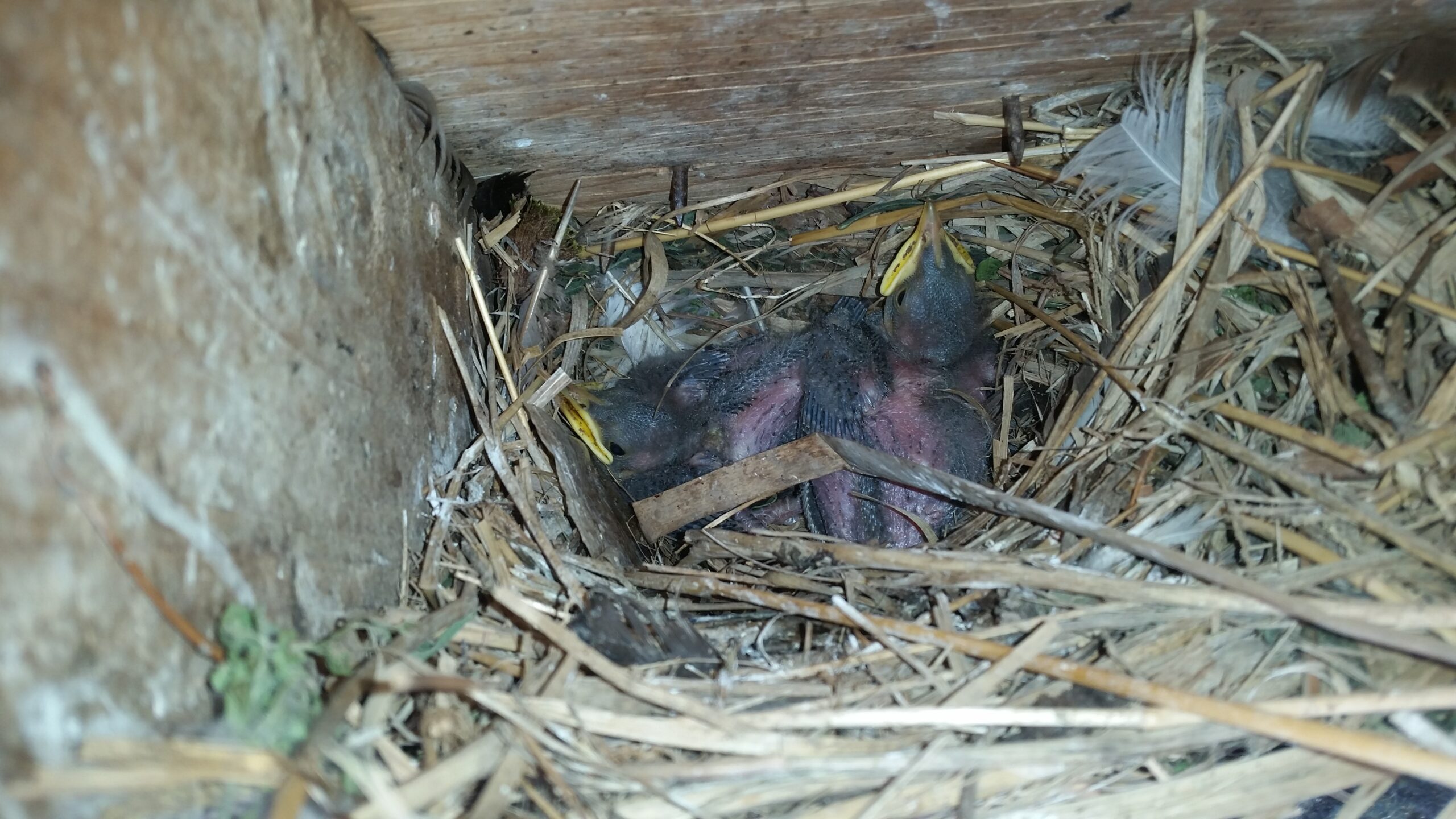Birds are beautiful and many homeowners encourage them to come onto their property. Unfortunately, too much of a good thing can lead to bird nests cluttering your trees, eaves and yard. When local birds have moved from friendly neighbours to unwanted guests, it is time to contact Skedaddle Humane Wildlife Control for nest and bird removal Oakville. Find out why you shouldn’t even handle a nest without the help of a professional.
Common Diseases Spread by Birds
There are an estimated 60 diseases carried by birds that can transfer to humans and livestock. Some of these diseases are serious while others are seriously unpleasant. They are primarily transmitted as viral, fungal or bacterial infections. Some common diseases you may be at risk of contracting if you handle birds, their nests or their feces include:
- Avian influenza
- Salmonellosis
- Histoplasmosis
- Psittacosis
- West Nile virus
Because of the range of ways that you can become infected, anything related to birds can be a host for a viral, fungal or bacterial disease. If you share food or drinking water with a bird, handle a living or dead bird or simply move a nest, you may be at risk.
How Bird Nests Spread Diseases
A bird’s nest is its home. The most common way that the nest of any bird may transmit disease is through a fungus. Fungi around the nest can last even after the bird has abandoned its home, so you need to use care when handling both active and older nests.
Another reason to avoid touching a bird’s nest is due to pests that may be present. Even birds have unwanted guests, and lice, fleas, parasites and other insects can all live in a used or abandoned nest. Lice and fleas are also vectors for diseases that can affect you, so avoid coming in contact with these tiny pests.
You don’t even have to physically handle a nest to be concerned about infection. Coming in close proximity of one can allow fleas, fungus spores and other vectors to transfer through the air. It’s best to stay away from a bird’s nest, dead bird or signs of bird activity in an area.
Safely Remove Bird Nests Today
Whether you see a nest on your property, in your chimney or around your neighbourhood, don’t attempt to handle or remove it. Instead, work with Skedaddle Humane Wildlife Control for a full-service nest removal, sanitation and prevention strategy.
First, we assess the nest to determine whether it’s abandoned or still active. An active nest may have eggs, which need cautious handling for humane wildlife control. Next, we inspect the nest location to see what made it a popular site in the first place. If it’s an abandoned nest in the middle of your yard, you probably aren’t worried about prevention strategies. Unfortunately, some nests are found in attics, decks, eaves and other areas where chirping babies and bird feces aren’t welcome.
Our team safely removes any nest, debris and other potential vectors from the area. Nests in your attic may require insulation removal and repair, but a nest on your deck or yard may simply require removal and some commercial-grade disinfectant. Prevention strategies include sealing up your home, placing screens over popular nesting areas and other humane techniques. These strategies can be difficult to implement on your own, so work with our team to quickly identify entry points and keep your home and property safe and healthy.
Don’t let a bird problem get you down. A bird, nest or feces can pose a serious health risk, so work with a leader in humane services today. Contact our Skedaddle wildlife removal team in Oakville to request an inspection and prompt removal of a bird’s nest from your property.



